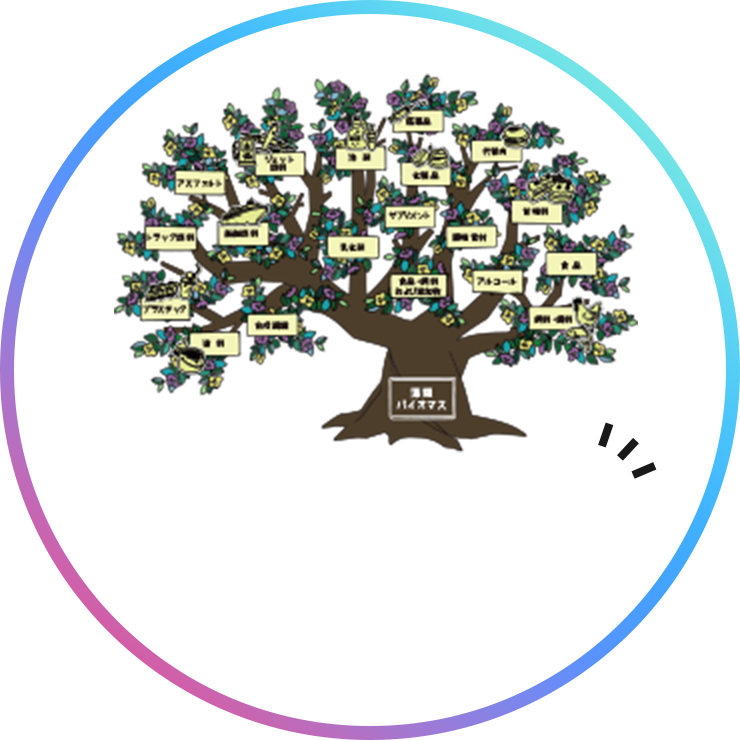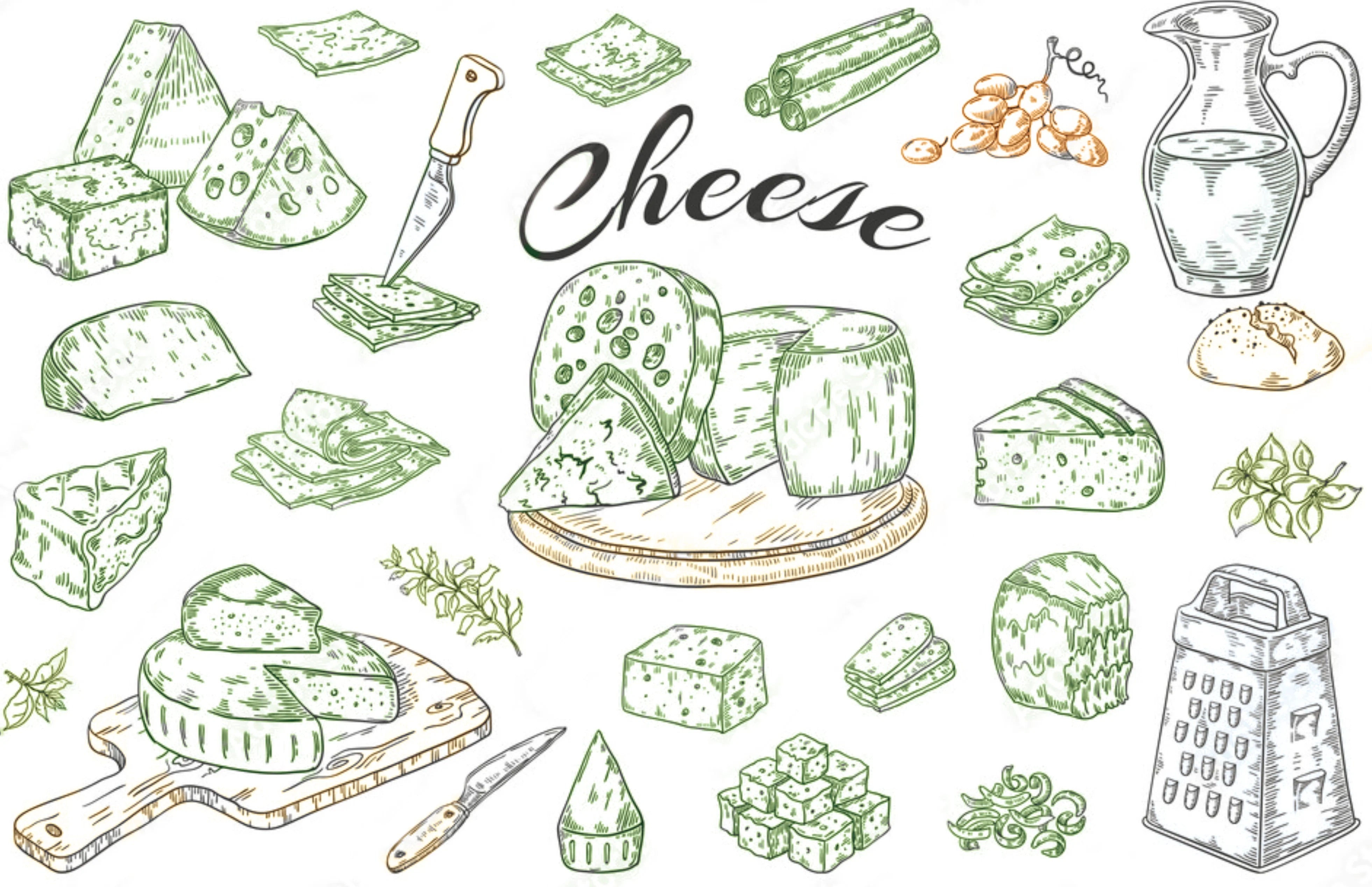The project has started. Research and development was initiated to make various materials necessary for our daily life, such as fuel, plastics, and paints.
2023.02.28
A development project by MATSU...

The next generation of algae cheese will look like these
Free of dairy ingredients (milk allergens not included) and coloring agents.
Plant-based food made exclusively from plant-derived ingredients.
It can be served as is, sliced, or cooked. It can be used in a variety of dishes.
It is a food with minimal environmental impact, consisting of algae and plant-derived ingredients, while providing protein and other nutrients naturally.
Sake lees, miso, and Japanese yeast fermentation and algae can be matched.
\ This is how the "power of algae" enriches our lives./
This is how the "power of algae"
enriches our lives.

member
MATSURI Founder
FUJITA
Dr. Algae
KASAHARA
Developer
HIBIKI
Marketer
NAMICK
Partner

Tabérumo Corp.
Member
MATSURI Founder
FUJITA
Dr. Algae
KASAHARA
Developer
HIBIKI
Marketer
NAMICK
Partner

Tabérumo Corp.
Eco-Mayo is a plant-based mayonnaise-like dressing. It goes well with burgers, fries, pizza, and other dishes, but unfortunately the cheese that often appears with it is not healthy, which led us to start developing a healthy cheese. Cheese is often considered junk food by health-conscious people, vegans, vegetarians, etc., but the future is "junk x healthy". Junk food is also made of healthy ingredients. But now, junk food is becoming "junk x healthy," and by using algae, an even more ideal collaboration of "junk, healthy, and ethical" is about to be realized.

It is estimated that the amount of cheese consumed in Japan is approximately 350,000 tons per year, while the amount of cheese distributed as a substitute is approximately 7,000 tons per year. Compared to Western countries, the market size is much smaller, and is a market that will become popular in Japan in the future. Furthermore, most vegetable-based cheeses are imported from overseas. Wouldn't it be nice to have a uniquely Japanese cheese that fits the Japanese diet? We could also enjoy collaborating with miso and fermented foods that are unique to Japan. It would be safe to eat, it would support Japanese industry, it would be made from domestic ingredients and produced domestically, and it would be a food product originating from Japan.

Plant-based cheese with algae is good for health and beauty.

The green color of the algae looks great and fits perfectly with the recently popular health-conscious burgers.

I know it's good to choose foods that are good for the environment, nutrition, and health, but I guess I actually want to eat good food without worrying about all that. Good food is good for the environment and good for your health, is the best I can do!

What are the benefits of using algae oil?

It contains high levels of DHA (Docosahexaenoic Acid) and EPA (Eicosapentaenoic Acid), which vegetarians and vegans tend to lack. These are only available from some fish.

Docosahexaenoic acid has been a hot topic, hasn't it? It was said to have functions such as maintaining memory and eye health, blood thinning effects, lowering neutral fat, and improving allergies, so I had to eat fish! But it is not easy to just eat fish...

Changing what we eat for the sake of the global environment is still very rare in Japan. Compared to cheese generally made from dairy cows, vegetable-based cheese can significantly reduce emissions through the use of plant-based raw materials and manufacturing methods. Algae does not require clearing land for cultivation, and precious water resources can be grown using less of it. If we could use algae in this cheese, it would be an even more environmentally friendly product.

For organizations and corporations
For more information on MATSURI's initiatives and other information, please visit our partners' websites.